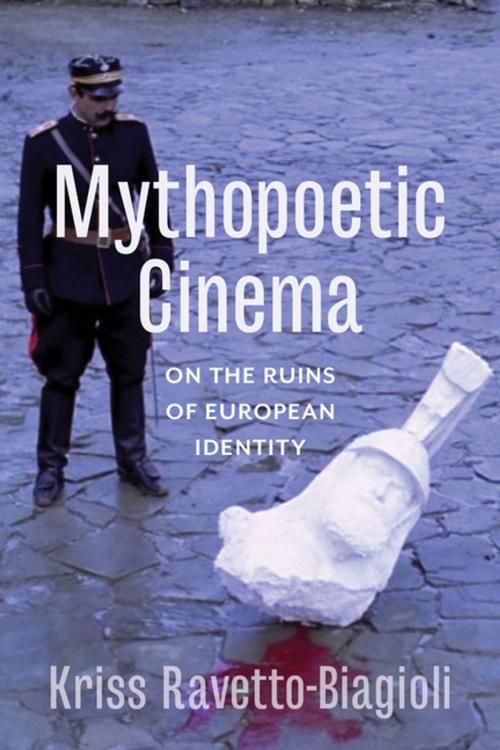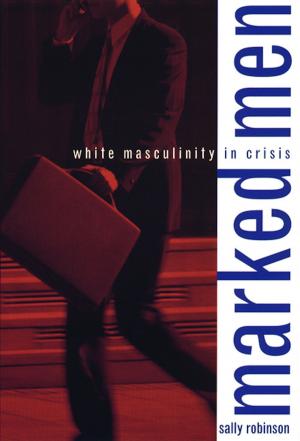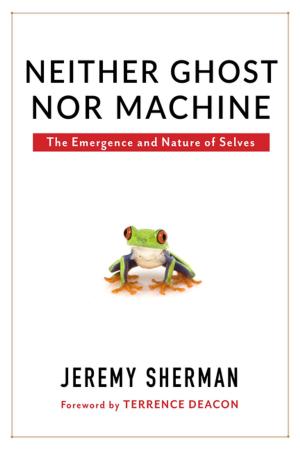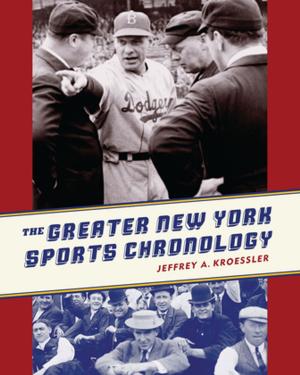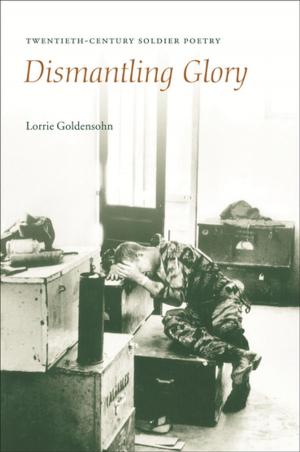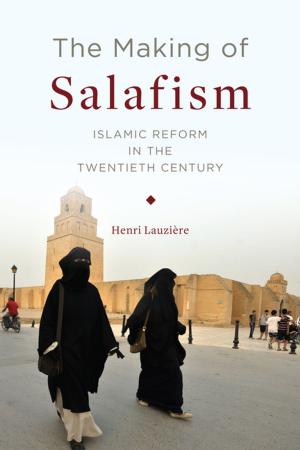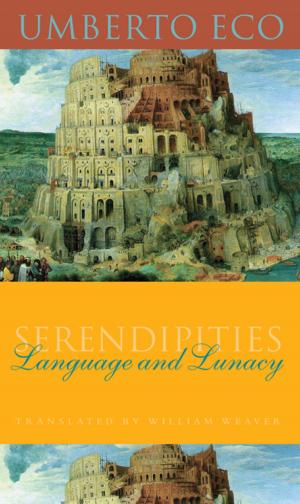Mythopoetic Cinema
On the Ruins of European Identity
Nonfiction, Entertainment, Film, History & Criticism, Performing Arts, Art & Architecture| Author: | Kriss Ravetto-Biagioli | ISBN: | 9780231544108 |
| Publisher: | Columbia University Press | Publication: | August 8, 2017 |
| Imprint: | Columbia University Press | Language: | English |
| Author: | Kriss Ravetto-Biagioli |
| ISBN: | 9780231544108 |
| Publisher: | Columbia University Press |
| Publication: | August 8, 2017 |
| Imprint: | Columbia University Press |
| Language: | English |
In Mythopoetic Cinema, Kriss Ravetto-Biagioli explores how contemporary European filmmakers treat mythopoetics as a critical practice that questions the constant need to provide new identities, a new Europe, and with it a new European cinema after the fall of the Soviet Union. Mythopoetic cinema questions the perpetual branding of movements, ideas, and individuals. Examining the work of Jean-Luc Godard, Alexander Sokurov, Marina Abramović, and Theodoros Angelopoulos, Ravetto-Biagioli argues that these disparate artists provide a critical reflection on what constitutes Europe in the age of neoliberalism. Their films reflect not only the violence of recent years but also help question dominant models of nation building that result in the general failure to respond ethically to rising ethnocentrism.
In close readings of such films as Sokurov's Russian Ark (2002) and Godard's Notre Musique (2004), Ravetto-Biagioli demonstrates the ways in which these filmmakers engage and evaluate the recent reconceptualization of Europe's borders, mythic figures, and identity paradoxes. Her work not only analyzes how these filmmakers thematically treat the idea of Europe but also how their work questions the ability of the moving image to challenge conventional ways of understanding history.
In Mythopoetic Cinema, Kriss Ravetto-Biagioli explores how contemporary European filmmakers treat mythopoetics as a critical practice that questions the constant need to provide new identities, a new Europe, and with it a new European cinema after the fall of the Soviet Union. Mythopoetic cinema questions the perpetual branding of movements, ideas, and individuals. Examining the work of Jean-Luc Godard, Alexander Sokurov, Marina Abramović, and Theodoros Angelopoulos, Ravetto-Biagioli argues that these disparate artists provide a critical reflection on what constitutes Europe in the age of neoliberalism. Their films reflect not only the violence of recent years but also help question dominant models of nation building that result in the general failure to respond ethically to rising ethnocentrism.
In close readings of such films as Sokurov's Russian Ark (2002) and Godard's Notre Musique (2004), Ravetto-Biagioli demonstrates the ways in which these filmmakers engage and evaluate the recent reconceptualization of Europe's borders, mythic figures, and identity paradoxes. Her work not only analyzes how these filmmakers thematically treat the idea of Europe but also how their work questions the ability of the moving image to challenge conventional ways of understanding history.
